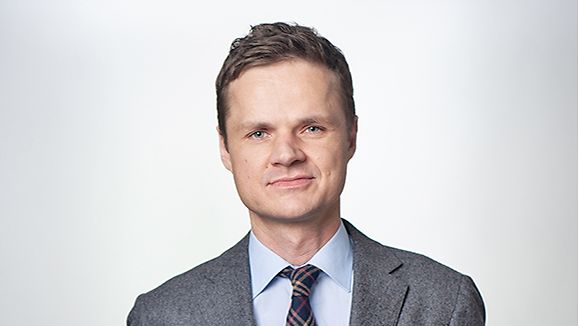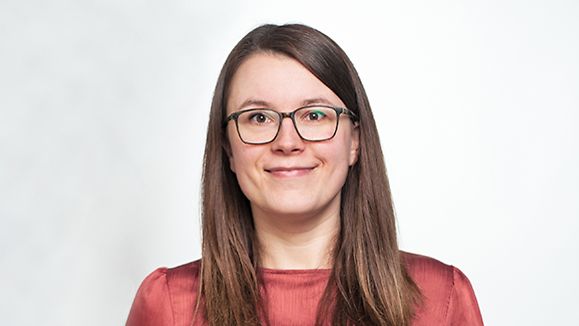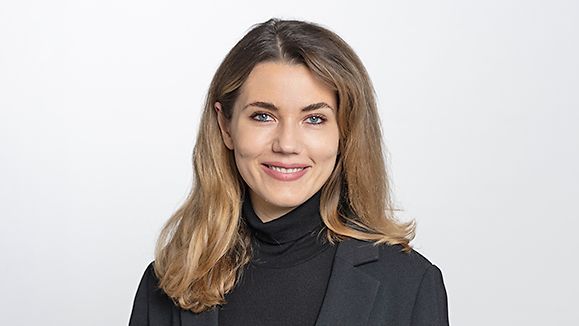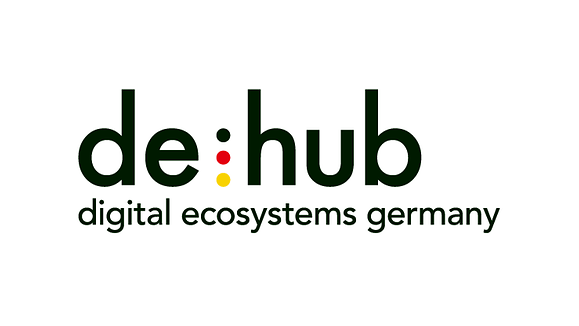Success Stories
With more than 6,000 startups , the de:hub initiative is one of the largest startup networks in Europe. A number of great startups have already emerged from the de:hubs Discover individual success stories.
GenAI-Powered Metaverse Solution created by ZAUBAR. Founded in 2019, Zaubar started its successful journey in Berlin. The mediatech startup provides location-based augmented reality (AR) tours in the real-world - which means that the user receives information or other content in addition to its physical enviroment. Their more than 60 enterprise clients include companies such as Fanta, the Dachau Concentration Camp Memorial Centre and Borussia Dortmund. The solution enables over 1.3 million users to experience unique virtual tours. The team of tech enthusiasts and creatives works from all over the world and has already attracted huge investors including the European Union.
Founded in Potsdam in 2021, Mitigant is revolutionizing cybersecurity by effectively tackling cyberattacks on public cloud infrastructure. Due to the acute need for such solutions, the company has already been able to secure major investments from the German Federal Ministry of Education and Research (BMBF) and the state of Brandenburg. By 2024, the startup had already put together a multicultural team and is active in international markets.
The startup SUMM AI has set itself the task of translating complex documents into easy and comprehensible language. Founded in 2022 in Munich by three graduate students, the startup already offers its services in German, English and French - with a particular focus on legal and medical documents. The company is growing rapidly thanks to large investments and major customers include local authorities, medical journals and Deutsche Bahn. SUMM AI is currently establishing itself as the provider for "easy language" as the German government introduces mandatory accessibility in other areas.
From Würzburg to New York – digital hub startup Faaren has successfully expanded into the US market. Founded in 2018, the startup offers an alternative to owning or leasing a car. Faaren offers a white-labeled software solution and a marketplace for car subscriptions, enabling players in the automotive industry to become car subscription providers. Within hours, customers can enter a new business segment while maintaining their customer relationships.
Best Cases: Digital Hubs
-
HHLA Next and Fernride
HHLA Next, the innovation unit of Hamburger Hafen and Logistik AG (HHLA), is investing in the Munich-based startup FERNRIDE. Together with HHLA International, a pilot project for highly automated and electric container logistics is being launched at the HHLA TK Estonia terminal in Tallinn. As part of a pilot project at the Estonian terminal HHLA TK Estonia, the technology for automated container handling is being tested and validated for international applications. With strong partners such as HHLA International, FERNRIDE is aiming to scale up in Europe in order to make logistics more sustainable and efficient and to address the shortage of truck drivers.
-
Connected River - HPA und Logistikinitative HH
Connected River is a transnational innovation project co-funded by the EU. It aims to tackle challenges that arise in connection with increasing conflicts of use of shared riparian areas and waterways of shared riverbanks and waterways, for example due to urban development, leisure use and port operations. The event is supported by the HPA and Logistikinitiative Hamburg to activate the port community in Hamburg, challenges of the homePORTS business model as a real laboratory in Hamburg and design thinking-oriented sprints for the development of new solutions (Discovery Game).
-
Delegation trip with insurers to Israel
Together with the Israel Trade Office, the Hub organized a 15-person delegation trip to Israel with German and Japanese insurers in March. Our insurance partners were able to gain insights into the history and innovation culture of the startup nation Israel. In addition to visiting leading VCs such as JVP, Our Crowd and FinTLV, we were able to discuss current insurtech trends with Insurtech Israel and the Israeli insurer Migdal. We were also able to gain insights into the latest developments in cyber defense and digital health through exchanges with the leading cyber security company Checkpoint and the Sheba Medical Center.
-
Study “10 Years of InsurTech in Germany”
Together with its partners Maschmeyer Group and Astorya.vc, InsurLab Germany has produced the study “10 Years of InsurTech in Germany”. The study provides insights into the German InsurTech ecosystem in comparison to the UK and France, highlighting differences in market structures, investments and framework conditions. It presents results on scaling, fundraising and the success of German startups and highlights the relevance of activities and incentives for venture capital investments. With over 1,000 downloads, this is the most read publication of the Cologne hub.
-
Benchmark trip to Paris
The de:hub Mobility Munich benchmark trip to Paris promoted international networking among the hub's partners by providing insights into leading mobility solutions and urban transformations. Highlights included meetings with representatives of the Parisian city government, visits to mobility companies companies such as Padam Mobility and Navya, as well as a tour of Station F, Europe's most important startup hub. The exchange with French partners and startups underlined the importance of global cooperation for innovative and sustainable mobility concepts.
-
GIZ Tunisia market access and B2B delegation
As part of a coaching program lasting several months, the hub prepared 10 startups and SMEs from Tunisia for market entry in Germany, after which all coached teams came to Nuremberg for several days, met a large number of potential industry partners at targeted networking events and got to know the regional entrepreneurial ecosystem. In May, a hacker delegation from Tunisia was able to take part in the HACK\|BAY hackathon. There were over 600 applications for the 20 places and the interest was immense. In the end, 70% of the Tunisian delegation were female hackers, and the results and lessons learned by the participants were remarkable.




